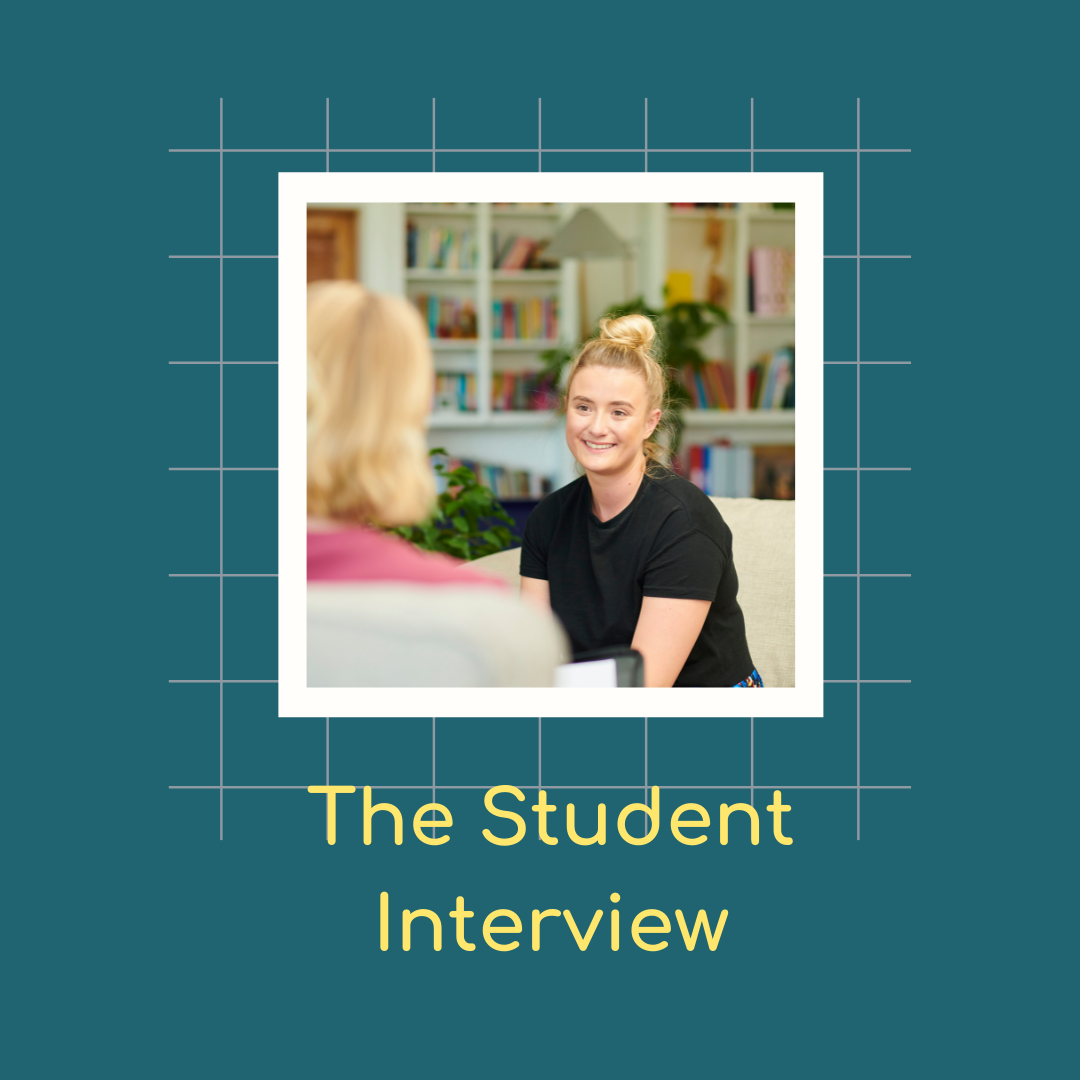As the academic year draws to a close, rising seniors are contemplating ways to make the most of their downtime, delve deeper into their college search, and simultaneously savor the carefree days of summer.
Every student's journey is unique, but it's important to have a strong and structured plan in place, no matter what their individual focus may be. As summer approaches and the planning begins, here are some helpful tips to help rising seniors get the most out of their summer and guide them toward success:
Volunteer or intern: Engaging in volunteer work or an internship within a desired field is an advantageous way to acquire valuable experience and cultivate new skill sets.
Get a job: A summer job not only provides valuable work experience that looks good on a resume, but it also helps to broaden horizons.
Prepare for standardized tests: If your child plans to take the SAT or ACT in the fall, they should use the summer to prepare and take practice tests.
Work on a resume: To save time in the fall, rising seniors should make the most of the summer months by dedicating time to refining their resumes to include work experience, leadership roles, community service commitments, accolades, etc.
Explore extracurricular activities: The summer provides an excellent opportunity to explore new extracurricular pursuits, such as joining a sports team or taking up a new hobby.
Start tracking activities and achievements: The activities log is an important but time-consuming part of the Common Application. The summer provides the perfect opportunity for students to reflect on their activities and accomplishments since freshman year and organize them in a spreadsheet. This will save time when submitting applications in the fall.
Visit colleges: If your child is still unsure about which schools to apply to, visiting college campuses during the summer is a helpful way to narrow down options and start finalizing the school list. It’s also fun to spend one-on-one time with your child, so get those playlists and snacks ready for the open road!
Get a head start on the Common App essay: One of the most important pieces of advice we give our students is to begin working on the Common App essay before the demanding workload of senior year begins. Check out our recent blog, It's College Essay Season: Let's Get It Done!, for detailed information. In the meantime, here are some suggestions for crafting a solid first draft:
Break the piece down into manageable chunks
Generate ideas through brainstorming
Take it step-by-step to make it less overwhelming
Write rough drafts
Take breaks to refresh the mind
Seek out constructive feedback and encouragement
Reach out for additional assistance if necessary
KQ: a Helping Hand
If your rising senior is in need of help with their Personal Statement this summer - or any aspect of the college admissions process - KQ is here to lend a hand. Please contact us via email or phone to schedule a consultation.












